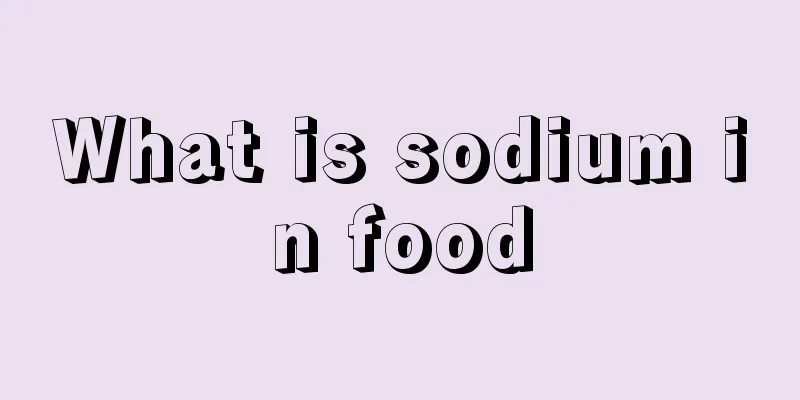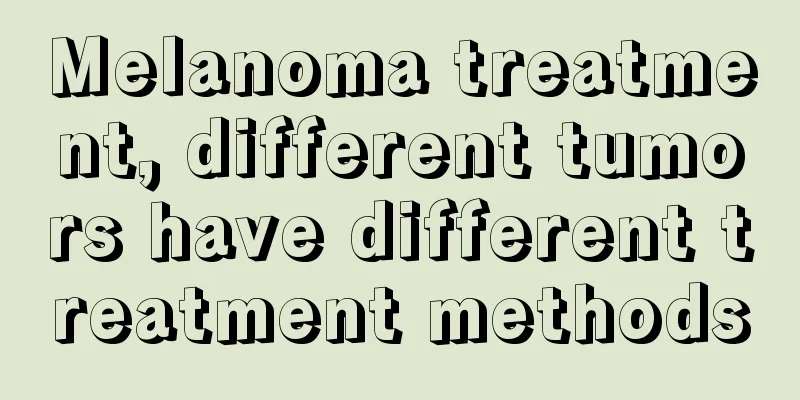What is sodium in food

|
As we all know, when we eat some snacks, many chemical additives are added to them. Some of these additives are to keep the food fresh, some are to extend the shelf life of the food, and some are to prevent the food from corrosion. However, these food additives contain certain chemical elements, which are not good for our body. So what does sodium in food refer to? What is Sodium Sodium and potassium are elements that were discovered at the same time, and both are essential substances for normal growth and development. Sodium allows calcium (calcium foods) and other minerals to dissolve in the blood and is closely related to metabolism. Since sodium is widely present in food, there is almost no need to worry about insufficient sodium intake, which will lead to high blood pressure (blood pressure foods); in addition, sodium will also be lost when you sweat a lot during summer exercise (sports foods). Sodium in the diet is mainly found in table salt, which is an important seasoning in cooking and the most important substance to ensure the body's water balance. Without table salt, human survival will be hindered. Salt plays an important role in preventing food spoilage, and sodium is an indispensable component of salt. The role of sodium in the human body Sodium is the most essential electrolyte in the human body. The total amount of sodium exchanged by a normal human body is 37-41mmol/kg, most of which is in the extracellular fluid and bones. Sodium ion is the main cation in extracellular fluid, and only about 10% exists in intracellular fluid. It is the main ion regulating the osmotic pressure and volume of body fluids. Sodium constitutes the osmotic pressure of the extracellular fluid, works together with potassium, participates in the physiological processes of cells, and is the power source for nutrients to enter and exit cells. People call this power the "sodium pump." It is this effect that drives the active movement of sodium and potassium ions and maintains the concentration gradient of sodium and potassium ions, thereby maintaining the osmotic pressure balance of intracellular and extracellular fluids, the electrophysiology of human cells, the permeability and potential difference of cell membranes, and preventing the cell membrane from being damaged. In summary, the effects of sodium on the human body are mainly reflected in the following aspects: 1. Sodium is the main positively charged ion in the extracellular fluid. It participates in water metabolism and ensures the balance of water in the body. 2. Maintain the balance of acid and alkali in the body. 3. It is a component of pancreatic juice, bile, sweat and tears. 4. Participate in the regulation of cardiac muscle and nerve function. Foods High in Sodium |
>>: What organ is the appendix
Recommend
What kind of plants are suitable for the bedroom
Planting flowers and grass is very beneficial to ...
What are the dangers of chemotherapy drugs for prostate cancer
What harm do chemotherapy drugs do to prostate ca...
Lung cancer patients have their own unique cough characteristics. Have you ever experienced it?
Lung cancer is a cancer that is difficult to trea...
How much does a rectal cancer biopsy cost
Cancer is something that no one wants to encounte...
Can I lose belly fat by doing sit-ups?
Doing sit-ups is a very effective way to exercise...
How can the symptoms of lung cancer be seen?
If you have lung cancer, then the symptoms of lun...
How to remove blackheads with milk and salt
Blackheads on the skin seriously affect the appea...
How to treat heterogeneous fatty liver
Heterogeneous fatty liver is common in people wit...
Is the cure rate of ovarian cancer high?
In the treatment of ovarian cancer, common treatm...
Can't thyroid cancer patients eat grapefruit?
Patients with thyroid cancer can eat grapefruit, ...
How to make hair straight if it doesn't look good after perming
Everyone is very familiar with the matter of permi...
How to take hormones for lupus
Systemic lupus erythematosus (SLE) is a disease t...
What are some good ways to remove acne scars
We all know that acne usually grows on the face, ...
The harm of interrupted urination method turns out to be like this
Interrupted urination method is a commonly used m...
How to prevent body odor from being passed on to children
One of the most embarrassing diseases in life is ...









